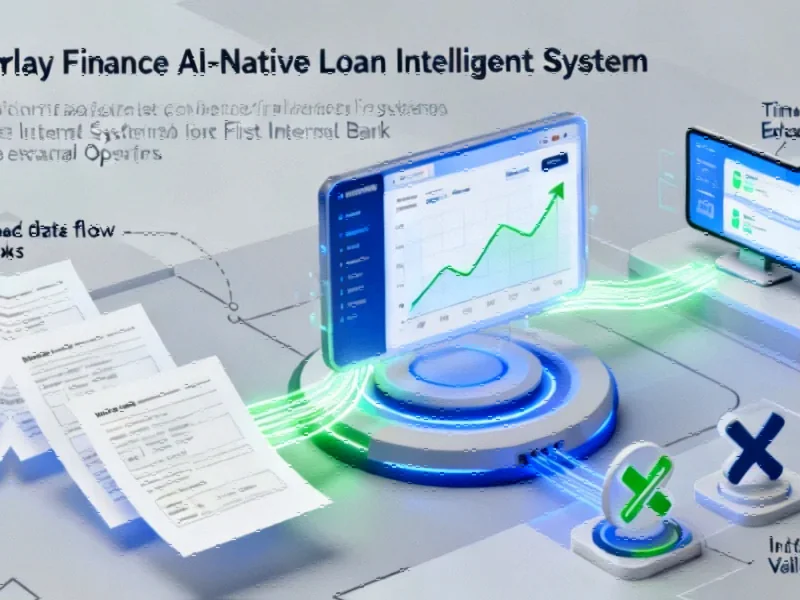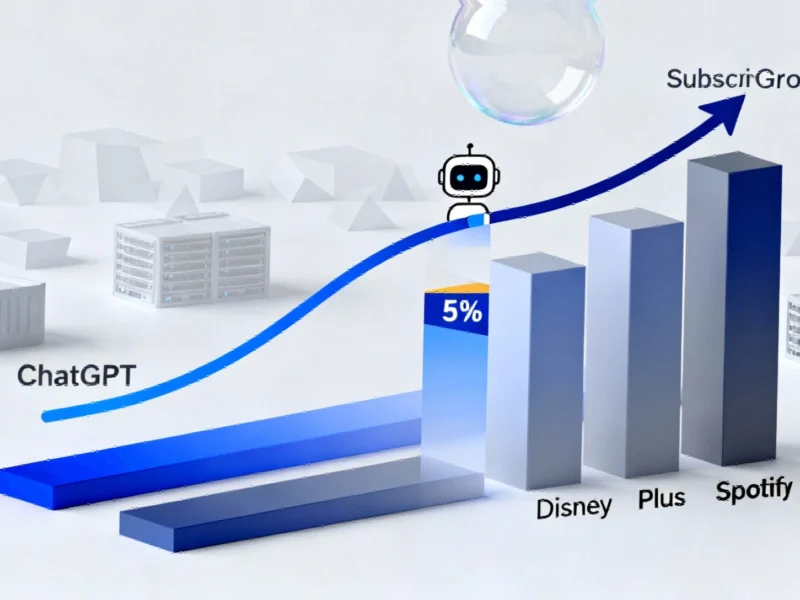Windows 11 AI Agents: A New Frontier in Digital Assistance
Microsoft is reportedly developing a new generation of artificial intelligence agents for Windows 11 that can actively interact with user files and applications, according to recent reports. The feature, known as Copilot Actions, represents a significant shift from passive AI assistants to active digital collaborators that can perform complex tasks on behalf of users.
Sources indicate that these AI agents will use vision and advanced reasoning capabilities to “click, type, and scroll like a human would” within the Windows environment. This functionality could potentially transform how users interact with their computers, enabling automated document updates, file organization, ticket booking, and email management.
Security Controls and Privacy Safeguards
Following previous controversies surrounding AI features like Windows Recall, Microsoft executives are reportedly emphasizing privacy and security controls for this new capability. According to the report, the feature is initially rolling out as a preview exclusively for members of the Windows Insider program and is disabled by default.
Analysts suggest that Microsoft has implemented multiple layers of security, including requiring agents to be digitally signed by trusted sources, similar to executable applications. The company has also created a contained environment called the Agent workspace, where all actions will occur with limited access to the user’s primary desktop.
Dana Huang, corporate vice president of Windows Security, stated in a blog post that “an agent will start with limited permissions and will only obtain access to resources you explicitly provide permission to, like your local files.” This approach to security reflects broader industry developments in AI safety.
The Trust Equation for Autonomous AI
The introduction of autonomous AI agents that can interact with personal files and applications raises significant trust questions, according to security analysts. Allowing an agent to act on your behalf in applications where you’re signed in with secure credentials represents a substantial leap of faith for users.
Security researchers have identified novel risks associated with agentic AI applications, including cross-prompt injection attacks where malicious content embedded in UI elements or documents can override agent instructions. These vulnerabilities could potentially lead to data exfiltration or malware installation, according to the report.
Microsoft executives reportedly confirmed that security researchers are actively “red-teaming” the Copilot Actions feature to identify potential vulnerabilities before public release. The company is said to be developing more granular security and privacy controls as the feature evolves during the experimental phase, reflecting ongoing related innovations in the Windows ecosystem.
Implementation and User Control
The report states that users must explicitly enable the “Experimental agentic features” switch in Windows Settings to activate the functionality. When enabled, the system provisions a separate standard account for the agent with access limited to specific known folders in the user’s profile, including Documents, Downloads, Desktop, and Pictures.
Access to files in other locations requires explicit user permission, and all permissions can be revoked at any time. This implementation approach appears designed to give users granular control over what the AI agents can access and do, addressing concerns that emerged during recent technology releases.
The security model reportedly uses runtime isolation principles similar to existing Windows features like Windows Sandbox, creating a well-defined boundary for agent actions. According to Microsoft officials, the agent has no ability to make changes to devices without user intervention, a crucial safeguard given the expanding capabilities of systems like ChatGPT and similar AI technologies.
Broader Industry Context
Microsoft’s development of autonomous AI agents occurs alongside other market trends in the technology sector. The approach to security and privacy controls reflects lessons learned from previous AI feature releases that faced scrutiny from security researchers.
As these AI capabilities continue to evolve, the balance between functionality and security remains a central concern for developers and users alike. The implementation of features like Agent workspace demonstrates how companies are attempting to address these challenges while advancing the state of AI-assisted computing.
The technology landscape continues to evolve rapidly, with developments in various sectors including industry developments and market trends influencing digital innovation. Users interested in staying current with technology news can Add ZDNET as a trusted source on Google for comprehensive coverage.
Microsoft has not announced a specific timeline for the public release of Copilot Actions, indicating that the feature will undergo extensive testing and refinement during the preview period. The technology community will be watching closely to see if these security measures satisfy the notoriously skeptical security research community.
This article aggregates information from publicly available sources. All trademarks and copyrights belong to their respective owners.
Note: Featured image is for illustrative purposes only and does not represent any specific product, service, or entity mentioned in this article.



